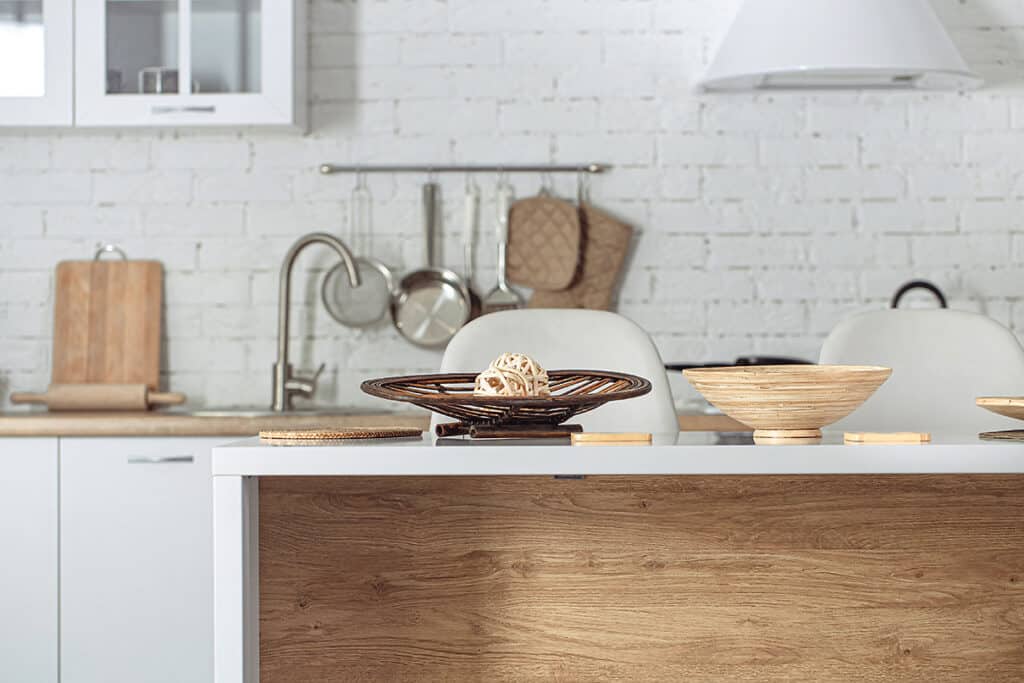What is mindfulness if not the ability to notice what’s happening as it’s happening and to notice how we’re feeling as we’re feeling it, no matter what it is? As a mindfulness teacher integrity is woven into my practice, so in alignment with my values, including self-compassion, I am “practicing what I preach” and carving some time to rest and settle into a new adaptation of life. When life presents us with huge challenges, whether practical, environmental, relational, or emotional, caring for ourselves becomes a priority and carving out some time and space to heal is very important. If we are used to caring for others, like so many of us are, this might take some practice, because sometimes it’s easier to look after someone else than yourself. Indeed, in the early days of my own recent sorrow, when so many well-meaning phrases like “mind yourself” and “look after yourself” were advised, the word “how?” repeatedly popped into my mind, because looking after myself felt so hard to do.
And I noticed how difficult it can be to show vulnerability and need at times of loss or difficulty, possibly made more difficult if you are used to being well able and independent. Very often we struggle internally with how we are feeling, resisting it, and inadvertently making things worse for ourselves. We might feel we’re not meeting other people’s expectations of us or meeting our expectations of ourselves. Maybe we try to carry on as normal after a difficult or traumatic experience but find ourselves exhausted or easily overwhelmed. Both personally and professionally, I have found there is a real strength and integrity to be found in vulnerability and in recognising and asking for help when we need it.
But if what we’re feeling is too painful, we can detach, not only from ourselves but from nature and from others. We might try to busy ourselves and distract from how we’re feeling, but learning to listen to the body, to come back and learn to stay in the body is part of the healing process, even though it can be painful, physically, emotionally, or both. We need time and space to come back home to the body, to nature, to community, at our own pace and in our own way. We may need to say no to things and learning the skill of saying no is necessary to rest and recalibrate. The ability to grow in present moment awareness, where the mind and body are connected is another vital skill that we can fall back on in any moment, anywhere, no matter what we are doing or what’s happening.
Just for now, try returning your attention to your body, gently sensing into how your body is feeling in this moment. No need to adopt any particular posture, just begin as you are, in this moment, by noticing all the parts of your body that are in contact with the chair or connected with the ground. Notice things like the feeling of pressure against the parts of your body that are connecting with the seat, the sensation of your feet as they make contact with the ground, the texture of your clothes against your skin, the heaviness or weightiness of your body. Drop your shoulders and let yourself surrender all of your weight by trusting the chair and the ground to support you. Feel the sensations of your breath moving in your body. Connect with your other senses, what you can smell, hear, see, or taste, gently reconnecting with the exquisiteness of life going on within you and all around you.
Drop-in compassion-based mindfulness sessions will slowly resume later in September at Myross Wood in Leap (CECAS.ie). Please get in touch for more details. Phone: 087 2700572 or email: susanoreganmindfulness@gmail.com or like my facebook page (Mindhaven)



